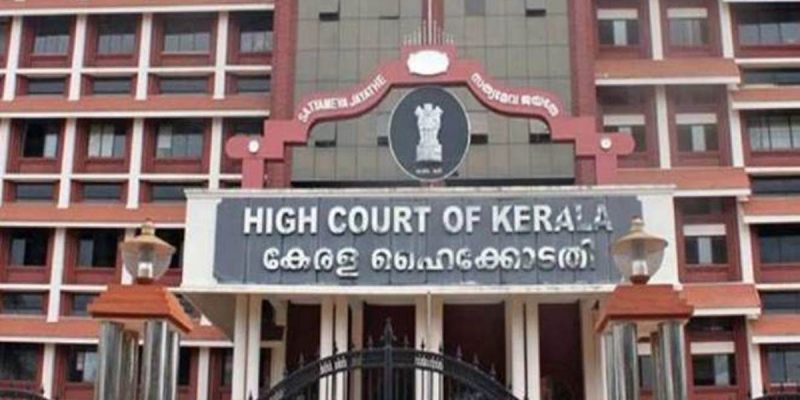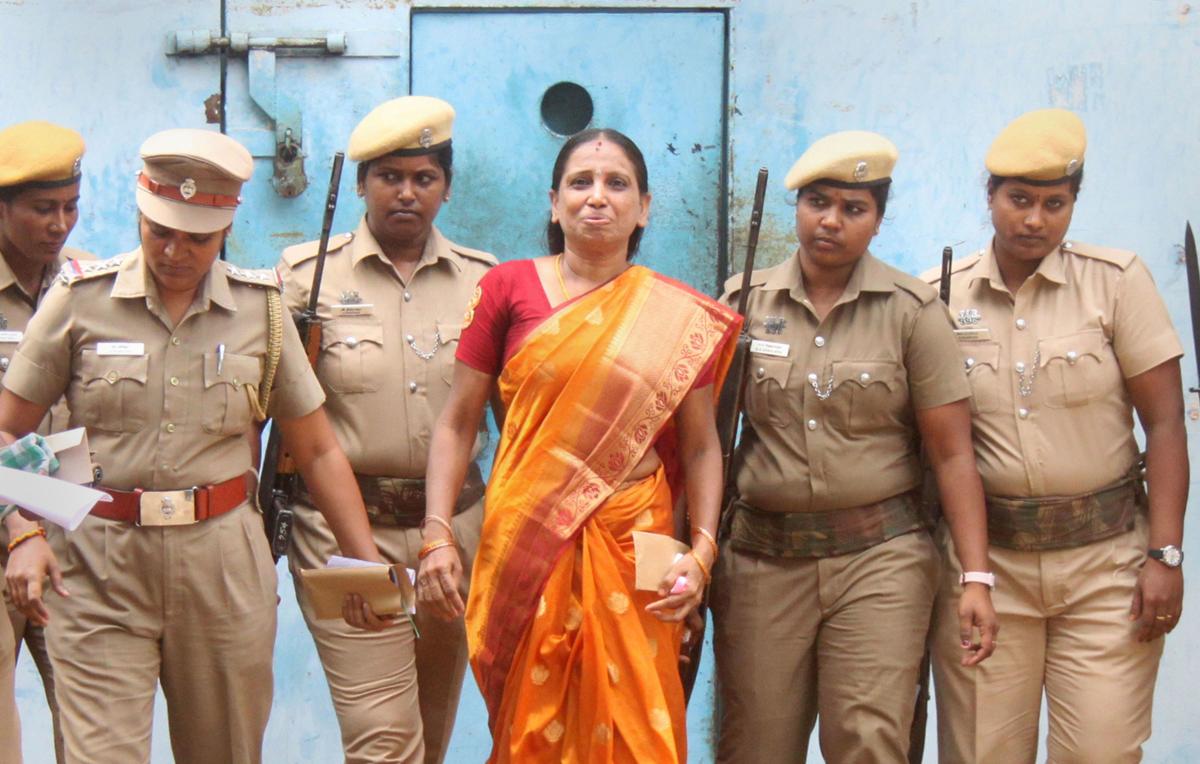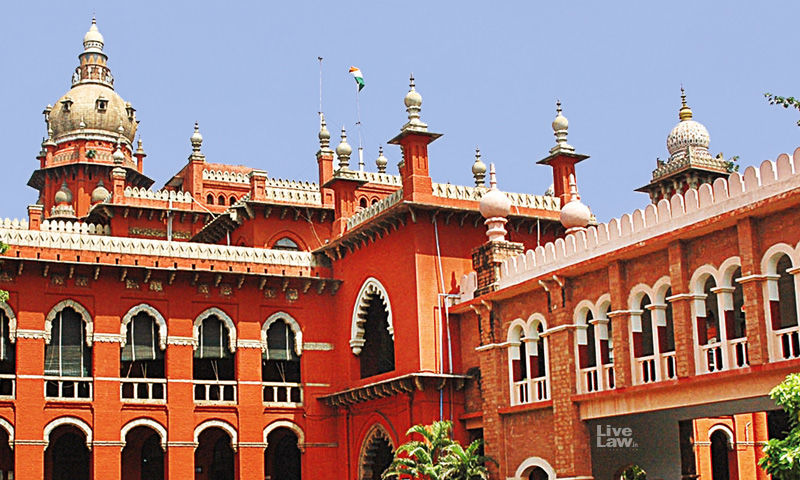
Thiruvananthapuram, July 16 (BPNS)
The Kerala High Court allowed medical termination of 24 weeks pregnancy of a 15-year-old girl, who is a victim under the Protection of Children from Sexual Offences Act (POCSO). The interim order from Justice VG Arun on Thursday stated that the court deem it appropriate to lean in favor of the minor girl, rather than sticking to the strict letter of the law, which provides an outer limit of 24 weeks, beyond which termination is not permissible under the Medical Termination of Pregnancy Act, 1971.
The court also highlighted that if the baby is alive at birth and the victim is not willing to assume responsibility for the baby, then the state and its agencies should raise the child.
Meanwhile, the Delhi High Court in a judgment on Friday refused to allow a 25-year-old unmarried woman to terminate her pregnancy of 23 weeks.
The division bench cited that the unmarried woman who is carrying a child out of a consensual sexual relationship is not permitted to terminate a pregnancy older than 20 weeks as per the Medical Termination of Pregnancy Rules, 2003 (MTP Rules). According to the division bench, termination of pregnancy at this stage will virtually amount to killing the child and the child can be given up for adoption. The bench then dismissed the writ petition.
As per the Rules, only victims of rape, minors, women whose marital status changed during pregnancy, mentally-ill women, or women with fetus malformation are allowed to terminate pregnancy up to 24 weeks.
In the case of Kerala, the court while considering the physical and mental stress of the girl also considered the opinion of a neonatologist that at this gestational age the chance of neonatal survival is about 30 percent and if the baby survives, he/she requires admission to neonatal ICU. The risk of neurodevelopmental disability for the baby was also highlighted.
The court while allowing termination of pregnancy at a government hospital, also directed the superintendent of the hospital to take immediate measures for constituting a medical team for conducting the procedure on the production of the court order.
“If the baby is alive at birth, the hospital shall ensure that the baby is offered the best medical treatment available so that it develops into a healthy child. If the petitioner is not willing to assume the responsibility for the baby, the state and its agencies shall assume full responsibility and offer medical support and facilities to the child, as may be reasonably feasible, keeping in mind the best interests of the child and the statutory provisions in the Juvenile Justice (Care and Protection of Children) Act, 2015,” reads an excerpt of the order.
The case will be considered again on July 24.








